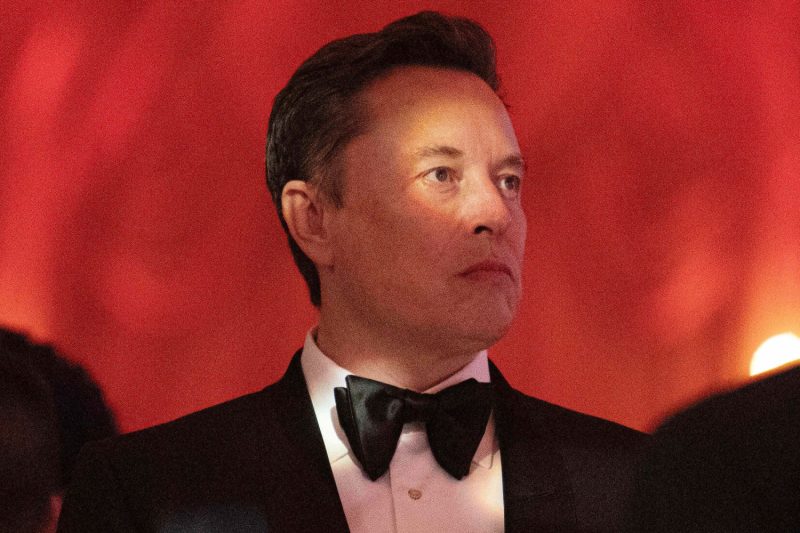In recent business news, Tesla CEO Elon Musk has faced a setback in his quest for a $56 billion pay package to be reinstated. The controversial pay package was initially approved by Tesla shareholders in 2018; however, it was subsequently denied by a judge in a recent ruling. This development has sparked discussions and raised questions about executive compensation and corporate governance practices.
At the heart of the issue is the massive size of the pay package, which is tied to Tesla’s market capitalization reaching certain milestones. Supporters of Musk argue that his leadership has been instrumental in driving Tesla’s success and innovation in the electric vehicle sector, thereby justifying the compensation package. On the other hand, critics point out that the package is excessive and raises concerns about the alignment of executive pay with the interests of shareholders.
The ruling against Musk’s pay package highlights the growing scrutiny and pushback against exorbitant executive compensation in the corporate world. Shareholders are increasingly demanding more transparency and accountability when it comes to executive pay, and judges are becoming more willing to intervene to ensure fair and reasonable practices.
This case involving Elon Musk and Tesla serves as a reminder of the delicate balance that companies must strike between rewarding top executives for their performance while also ensuring that executive pay is reasonable and in line with shareholder interests. As the debate over executive compensation continues to evolve, it is clear that corporate boards and executives will need to navigate these complexities carefully to maintain trust and credibility with stakeholders.
In conclusion, the ruling against Elon Musk’s $56 billion pay package represents a significant development in the ongoing discussions about executive compensation and corporate governance. It underscores the importance of aligning executive pay with shareholder interests and the need for greater accountability and transparency in determining executive compensation packages. Ultimately, this case serves as a cautionary tale for companies to reevaluate their compensation practices and ensure that they are fair, reasonable, and reflective of the value delivered to all stakeholders.
